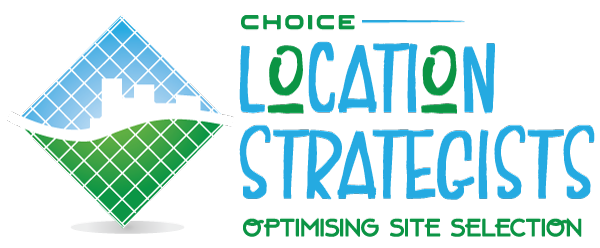Using the cash accounting method, though, you might spend money without knowing that you have payables to take care of. Homeowners association accounting is a critical part of managing any HOA community. The key to successful accounting, though, starts at the beginning — choosing your accounting method. Among the three possible options, HOA accrual accounting remains unsurpassed. While cash accounting is generally simpler, accrual accounting offers a more accurate representation of an HOA’s financial position, especially for larger associations.
A General Ledger
Out of the three HOA accounting methods, the Accrual Basis is also the only basis that conforms with GAAP. You don’t want to invest in a system that doesn’t grow with you – and you don’t want to overcomplicate the process either. For example, in modified accrual accounting, dues received in advance are recorded as liabilities until they are earned, providing a more accurate representation of an HOA’s financial health.
Time and Resource Savings
Accurate and regular financial statements are the foundation of sound HOA accounting. These statements typically include the income statement, balance sheet, and cash flow statement, providing a comprehensive overview of the association’s financial health. The cash basis of financial records income and expenses when the cash is received, as opposed to when the transaction is made. The cash account is simply debited when the cash is received (for example from member dues), and it is credited when cash is reduced (for example when paying expenses). Because receivables and payables do not appear on financial statements, you might think that your association has more cash than it actually does. Your cash account might reflect solvency, but you would not know for sure because you do not record payables.
What Is HOA Accrual Accounting?
HOA fees and special assessments are crucial for keeping a community functional and attractive. These payments cover everything from common area maintenance to unexpected repairs, ensuring a high quality of life for all residents. The CPA fully examines financial records, checks compliance, and issues a professional opinion. HOA accounting software also simplifies tax time because it can automatically generate 1099 forms for contractors. You’ll have to submit those when you file your taxes, so automating form generation saves you time and effort.
Who Should Prepare HOA Accounting Reports?
This opens you up to the possibility of operating HOA Accounting under a misapprehension regarding your finances. Given that there are three accounting methods that associations can choose from, you may wonder why most people favor the accrual basis of accounting. HOAs – like any organization – need to keep track of their finances in order to effectively manage their operations. And rather than simply collect HOA fees and pay bills as they come, many HOAs choose to use a standardized accounting method to maintain financial records and track their financial health. This method records income when it’s received and expenses when they’re paid.
How Transactions are Recorded under the Accrual Basis
- Some community associations even opt to put their financial information on their website to allow homeowners to view it at any time.
- With the modified accrual basis method, the amounts for Prepaid Assessments and Assessments Receivable will be the same as the amounts on the Balance Sheet, just as with the accrual basis method.
- As the association receives payments, the cash balance increases while Assessments Receivable decreases or Prepaid Assessments increases.
- Ideally, the board should never spend more than it is receiving, and the balance sheet should always reflect positive equity.
- Unlike regular budgets, HOAs must set aside reserve funds for major repairs or unexpected costs.
- Regulations vary from state to state, so checking with civil codes is also imperative in the process.
Large homeowner’s associations have more complex budgets and will usually have a management company, such as CSM, that handles all financial data. Every day, association funds should be directly deposited into the homeowners association’s bank account and the receivable department should record the deposits. The community manager should go over invoices to make sure they’re accurate and they should approve invoiced work before payment. As you may well know, being a member of the Board of Directors for your homeowners association means having an immense financial obligation to your community.
- As previously mentioned, the accrual basis operates by the principle of recording revenues when earned and expenses when incurred (not when the cash is actually received).
- However, the accrual method is generally recommended for HOAs with more complex financial activities.
- Once the content is complete, it’s important to regularly review and update these steps as needed.
- Moving from manual invoice management to an online software will help with transparency, risk management and error reduction.
- It does not take into account when you actually receive payment or disburse cash.
The CPA prepares financial statements based on provided data but does not verify accuracy. Mastering HOA financial management is a pivotal skill for any HOA board, yet it’s often overlooked… Ultimately, a budget provides critical guide for the HOA board in making decisions and policies for the upcoming year. Budgets are based on reserve studies and planned community projects and will vary from year to year.
